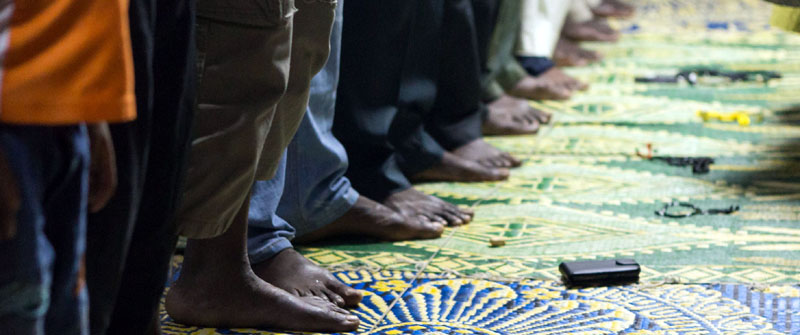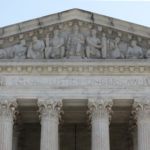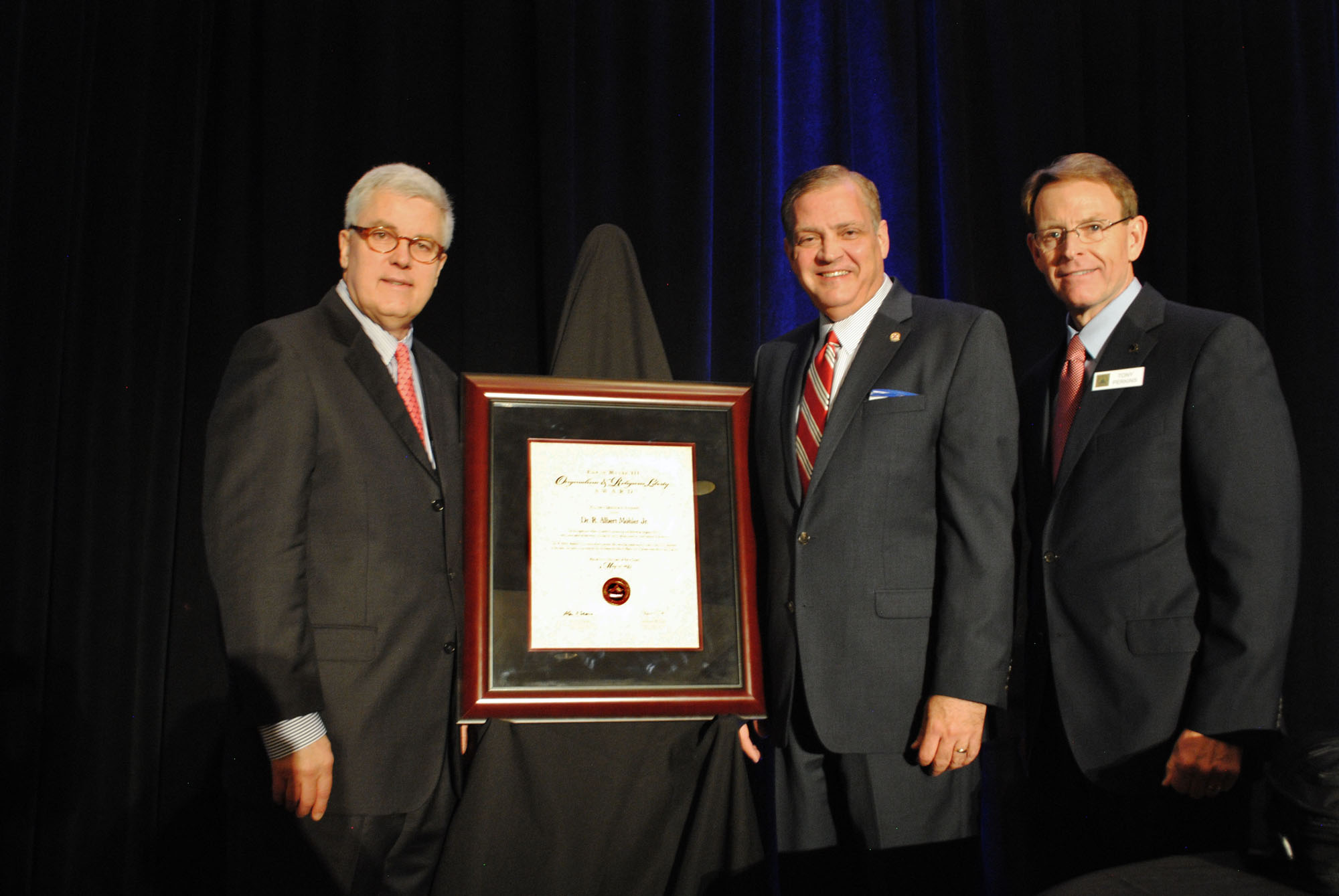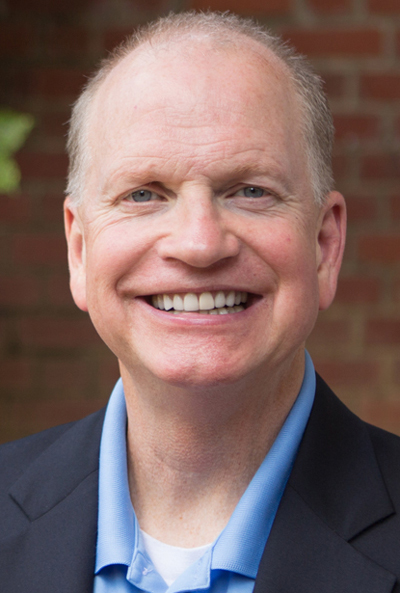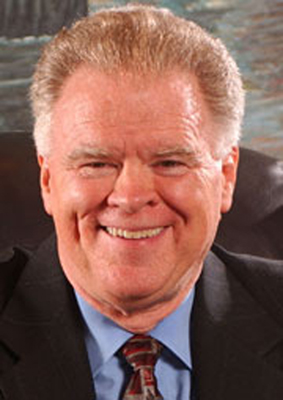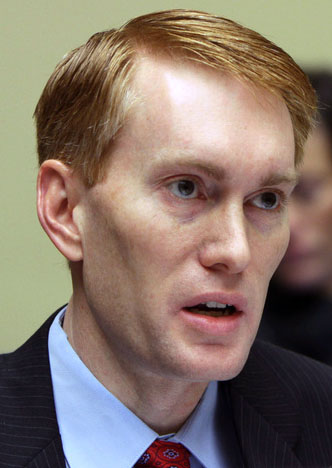
NASHVILLE (BP) — Increased liberty for people of faith would protect and profit other countries, but many governments still need to be persuaded of that reality, the United States’ ambassador at large for international religious freedom said at a Southern Baptist-sponsored event in Nashville.
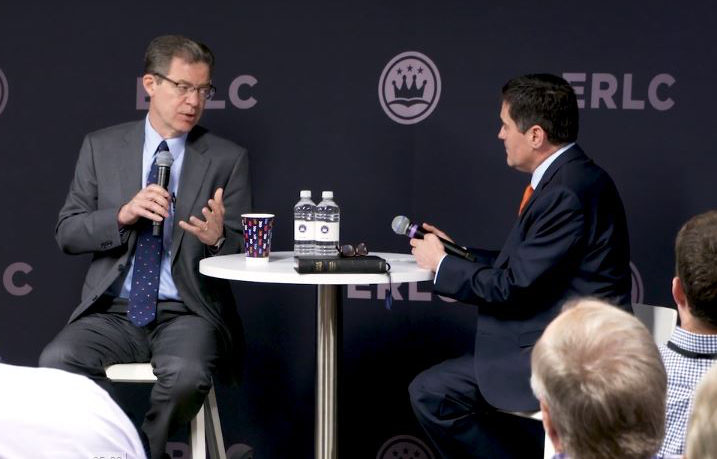
“We know there are benefits to this, but convincing other governments in the world of that is hard to do.”
Brownback appeared at the ERLC Leadership Lunch in the SBC Building to answer questions from the entity’s president, Russell Moore, and the audience of pastors, leaders and other Christians from the area.
When Moore asked Brownback how those in attendance could pray for him, the ambassador returned to the need for foreign leaders to change their minds about religious liberty.
Most governments will see religious freedom and people of faith as, “by and large, good, but they can create some real headaches,” Brownback said. “So they want to control it.
“And we need to be able to convince governments that religious liberty is an inherent good and an inherent right, and it is inherently good for you as a nation and nation leader to embrace this,” he told Moore. “We really need favor with other government leaders for them to accept that point of view.”
Brownback became head of the U.S. State Department’s Office of International Religious Freedom in February 2018 after serving nearly two terms as governor of Kansas. Previously, he served in Congress for 16 years, nearly all of that time as a senator.
The persecution of and violence against religious adherents remains a major problem even in Western Europe, Brownback said. Vandalism of churches in France has increased by 25 percent this year, he said. One million Muslims are imprisoned in concentration camps in western China, he told the audience. Great levels of violence against religious minorities are found in the democratic countries of India and Nigeria, he said. All types of governments are exploiting faith, and wars involving religion are occurring in many countries, he said.
Brownback urged the American faith community to take more interest in and push back against global religious persecution “because the United States is the key country in the world that will stand for religious freedom.”
“[T]hese gates of religious liberty need to fly open around the world,” he said, “and this will be the place that will push those gates open.”
He named two reasons Christians in North America should care about the treatment of non-Christian religious minorities overseas.
“They are beautiful human beings created in the image of God, and we believe that regardless of what their faith belief is,” he said. “And we should stand up for them, and I find that most Christians do.
“Then there’s a very practical sense. Honestly if you don’t stand up for the minority community, the authoritarian regime is just going to keep coming after the next group. And once ISIS is done with the Yazidis, they’re coming after the Christians and then they’re going to come after [another group].”
Brownback told the audience about a weekly religious freedom roundtable he hosts when he is in his office in Washington, D.C. The participants from a diversity of religious and non-religious organizations are committed to each other’s religious freedom.
“[T]ogether we’re much stronger,” he said. “And it’s really the way that this issue has to go. You’ve got to stand up for everybody on it.”
As far as Americans, “This is just in our DNA,” Brownback said.
Brownback said his approach is to try to build a relationship with a government that fails to protect the freedom of religious adherents.
“But at some point in time if they keep doing it, you’ve got to be willing to throw a punch and fight,” he said. “And thank goodness President Trump is willing to fight.”
As an example, Brownback cited Turkey’s two-year imprisonment on false charges of American pastor Andrew Brunson, who was freed in October.
When Turkey rejected Trump’s repeated requests it release Brunson, the president placed large tariffs on the country’s steel and aluminum exports to the United States. Turkey’s currency plummeted to “record lows,” Brownback told Moore.
“Andrew Brunson is now walking the streets of the United States free,” Brownback said. “I don’t believe he would be if the president hadn’t been willing to put those steel and aluminum tariffs on Turkey.”
The ERLC Leadership Lunch is held three or four times a year for pastors, leaders and lay people to gather for a discussion of contemporary ethical and cultural issues. Sometimes the format is a question-and-answer session with Moore. At other times, the lunch features interviews with special guests or presentations on relevant topics.


